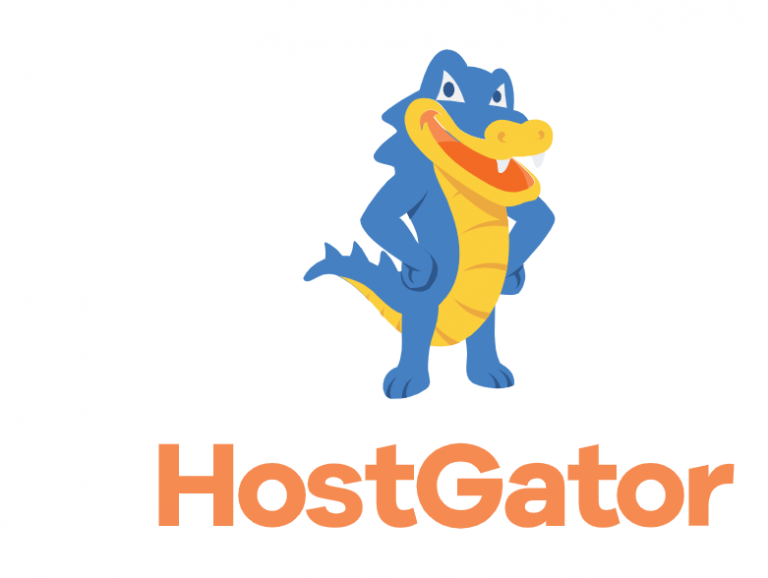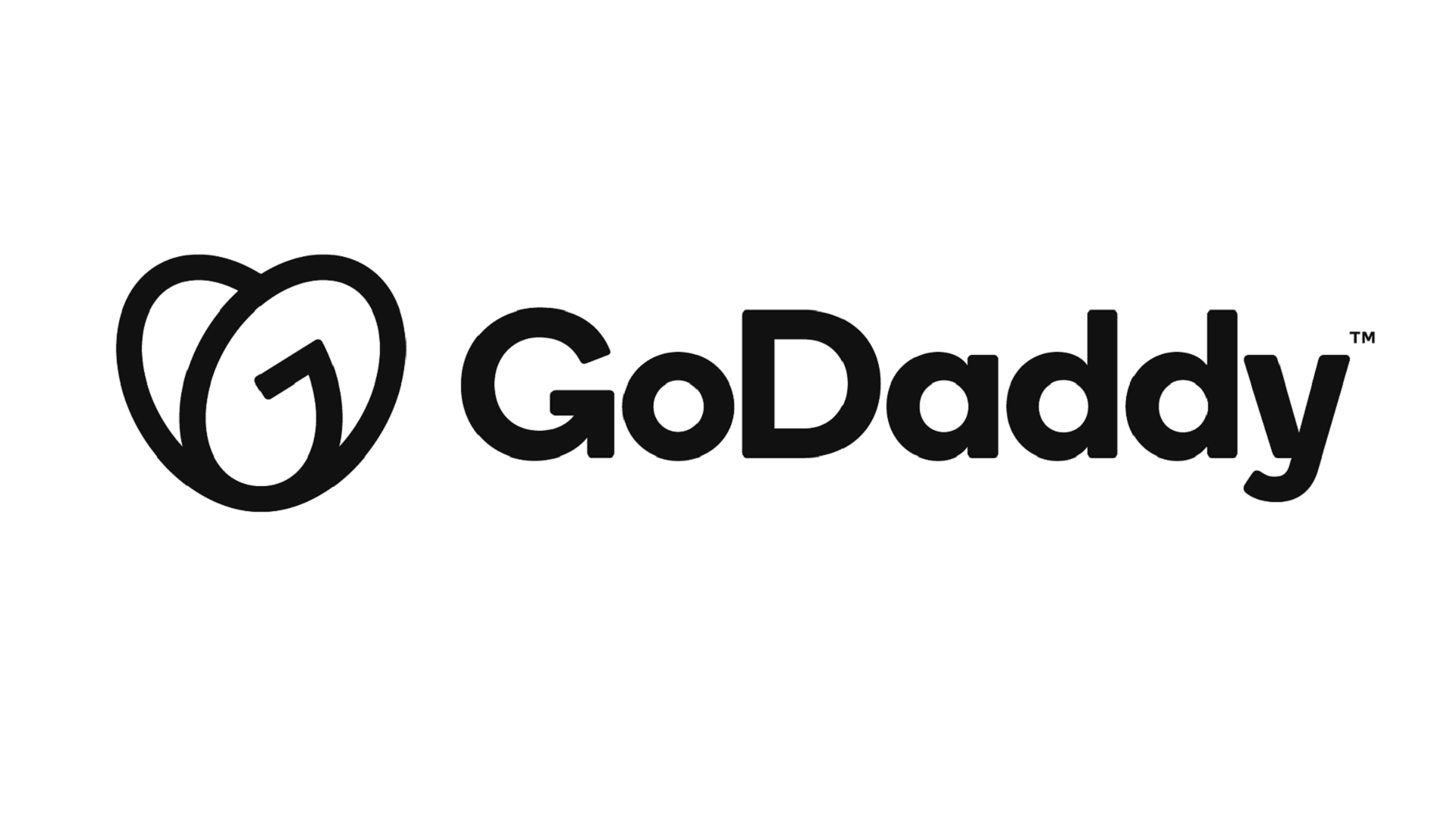ijkghlfjlkdgag
best web hosting in india

Security

Speed

Ecommerce
#1

Hostinger has grown fast in recent years and it has great customer support with high speed and support HPANEL which is easy to use and very reliable hosting and gets unlimited bandwidth. You will get free one domain by purchasing hosting
- Easily to scale
- It’s very fast and reliable
- It starts at rs 69/M
- It has 30 day money back guarantee
- Easy to Install wordpress
#2

Hostgator is one of the best hosting providers for newcomers, it is very fast & reliable, Provides money back guarantee, free migration and has flexible billing periods.
- It’s hosting starts at rs 79/m
- 24/7 Support
- 1 Click CMS Setup
- Average Loading Time 1s
- 99% Uptime Guarantee
#3

Godaddy is very great for new people who just want to start an online journey as it’s affordable and provides great customer service. Apart from it provides an inbuilt landing page builder so you can make your own blog in no time.
- Best for NewcomerIt has uptime rate of 99.98%
- Loading Speed time of 1s
- It’s start at rs 119/M
- It is very fast & reliable
- Great Customer Support
#4

Bluehost provide a free domain name and automatic installation, a drag-and-drop page builder with step-by-step instructions for all the steps you need, and a free year of hosting services.
- Great Customer Support
- It starts at Rs169/M in India
- Powering over 2 million websites
- >Excellent choice for beginners
#5

Ipage is one of the best hosting provider with 99.9% uptime guarantee. It offers fast & dedicated servers for your hosting needs. Apart from it, Ipage offers Unlimited disk space, scalable bandwidth.
- It has 30 Day Money Back Guarantee
- 24/7 Support (Phone, Chat, Email)
- Unlimited bandwidth, storage, and emails
- FREE site builder and shopping cart
- It’s start at rs154/M
#6

Hostpapa is one of the best web hosting providers and it has a ping of approximately 115ms and Hostpapa worldwide average response time is 143 ms. They have great customer support also you can request a 30 minute one to one consultation on any hosting.
- It has 115ms speed in India
- It starts at Rs 199/M
- It has free Domain & SSL
- 24/7 Support
- It’s have Unlimited Bandwidth
#7

A2Hosting is a fast & reliable hosting service with 99.9% uptime guarantee and has 24/7 Server Monitoring and Malware Scanning. A2hosting assures lifetime money back guarantee. It has a feature of wordpress, drupal, joomla & magento
- Fast and High Speed
- 24/7 Support (Phone, Chat, Email)
- Lifetime Money Back Guarantee
- 1 Click WordPress Installation
- Easy to USE & Affordable
#8

Dreamhost is one of the best web hosting providers and has good customer support. It is best for website owners and has a great uptime with high security features.
- It’s starts at RS 154/M
- 1 Click WordPress Installation
- It has free Domain & SSL
- Great Customer Support
- Free SSL certificate
Best Web Hosting Sites In India, Cheap & Affordable
Buying cheap hosting & are very affordable that is easy to use and host your WordPress site on this web hosting. Moreover, This hosting are perfect for small business owners. As it starting as low as 99rs/month.
Top Web Hosting Sites & Cloud Hosting In India (2022) Which You Will Love It
- Hostinger
- HostGator
- GoDaddy
- BlueHost
- iPage
- HostPapa
- A2Hosting
- DreamHost
How To Choose Best Web Hosting, Cloud Hosting & WordPress Hosting For Your Business
Choosing a hosting, web or cloud provider can be difficult. There are different options to consider, each one with their own pros and cons. But what is the best option for you? You might have a lot of questions about choosing the best hosting provider. In this article, learn how to choose the best web or cloud hosting service for your needs.
What is the difference between web hosting and cloud hosting?
Web hosting is when a site is hosted on a server owned by the individual or company who is providing the service. Cloud hosting is when the site is hosted on a remote server, often provided by an internet service provider (ISP), but also frequently offered by companies that sell web hosting services. The main advantage to using cloud hosting is that it eliminates the need for users to install and maintain their own servers. Additionally, many cloud hosting services offer bandwidth caps and other restrictions in order to limit how much data can be used, making them more suitable for small businesses.
How to choose between a shared and private cloud
When you're choosing a web host, the first decision you'll have to make is whether to go with a shared or private cloud. Shared web hosting is when your account shares resources with other users on the same server. This can be a good option if you don't need much storage space or bandwidth and don't mind sharing your site with other people. However, shared hosting can be slow and unreliable, so it's not ideal for high-traffic sites. Private cloud hosting offers more control over your account and resources. You can have your own server with dedicated storage space and bandwidth, which makes it perfect for sites that need lots of space or require fast loading times. However, private cloud hosting can be expensive and difficult to set up, so it's not for everyone. Ultimately, the best choice for your website depends on the specific needs of your site. If you need fast loading times and plenty of storage space, go with a private cloud hosting plan. If you want more control over your site's resources and don't need very high speeds, shared hosting might be better suited. Either way, make sure to compare different options and choose the best host for your site.
What are the different types of storage including:
There are a few different types of storage that you can use with your web hosting account. The most common types of storage are disk storage, which is where the files for your website reside on your server, and memory storage, which is used for temporary files and data. There's also a third type of storage called content delivery network (CDN) storage. With CDN storage, the provider sends your pages and images to servers located around the world so that your site looks faster and more reliable to users. When you're choosing a web host, make sure to consider the type of storage that's best for your site. If you have a lot of photos or videos, you'll likely want to choose a hosting plan with memory storage. If your website only needs some basic file storage, a disk hosting plan might be better for you. And if you need a hosting plan with CDN storage, make sure to research which providers offer that service.
Best practices To Monitor Your Website Speed
When choosing a web hosting provider, there are a few important things to keep in mind. First and foremost, make sure you are getting the best possible service for your needs. Second, be sure to measure your website’s performance and make necessary adjustments to ensure optimal results. Finally, make sure your web host is compatible with the tools and resources you need to manage your website. To help you choose the right web host for your needs, we’ve outlined some best practices: 1) Measure Your Website’s Performance: One of the first steps in choosing a web host is measuring how well your website runs on the provider’s server. This can be done using a variety of tools, like GTMetrix or Pingdom. Make sure to adjust your website settings as necessary so that it runs as smooth as possible on the provider’s servers. 2) Choose a Web Host That Is Compatible With Your Needs: Not all websites need the same level of hosting services. For example, a small business might only need basic hosting services while a larger company might need more complex hosting options that include scalability and security features. Before selecting a web host, be sure to research what
How to choose between a managed, dedicated, or self-hosted web host
When choosing a web host, you have three main options: managed, dedicated, or self-hosted. Each has its own set of benefits and drawbacks. Here's a guide to help you decide which is best for your needs. Managed Web Hosting Managed web hosting is the most common type of hosting and offers many features that are useful for small businesses. These hosts take care of all the technical details for your site, from setting up a server to providing security and backups. They usually have lower prices than dedicated or self-hosted hosting and can be easier to use for people who are new to web hosting. However, managed hosting can be less flexible than dedicated or self-hosted hosting and may not include features like unlimited storage space or bandwidth. Dedicated Web Hosting Dedicated web hosting is perfect for larger businesses that need more control over their web presence. These hosts provide your site with its own custom-built server, which means you won't experience any lag time or problems with bandwidth usage. They often come with higher prices than managed hosting but offer greater flexibility and customization options. Dedicated hosts also tend to be more reliable than managed hosts
What are common hosting issues?
Choosing the right web host can be a daunting task. There are so many different hosting options out there, and each one comes with its own set of benefits and drawbacks. Before you choose your web host, make sure you understand some of the common issues people run into. Here are four common hosting issues and how to solve them: 1. Slow website loading times: One of the most common problems people run into when choosing a web host is slow website loading times. This is usually due to a poor network connection or an overloaded server. To fix this issue, you'll need to invest in a good network card and check for other traffic congestion in your area. You can also try switching to a different hosting provider if your current one doesn't offer adequate speeds. 2. Unable to install custom software: Another common issue is being unable to install custom software or applications on your website. This is usually due to incompatibilities between your web host's platform and the programs you're trying to install. To fix this issue, you'll need to speak with your web host about possible solutions and work together to find a workaround. 3. Unable to access files on server: Another common problem is being unable to access




